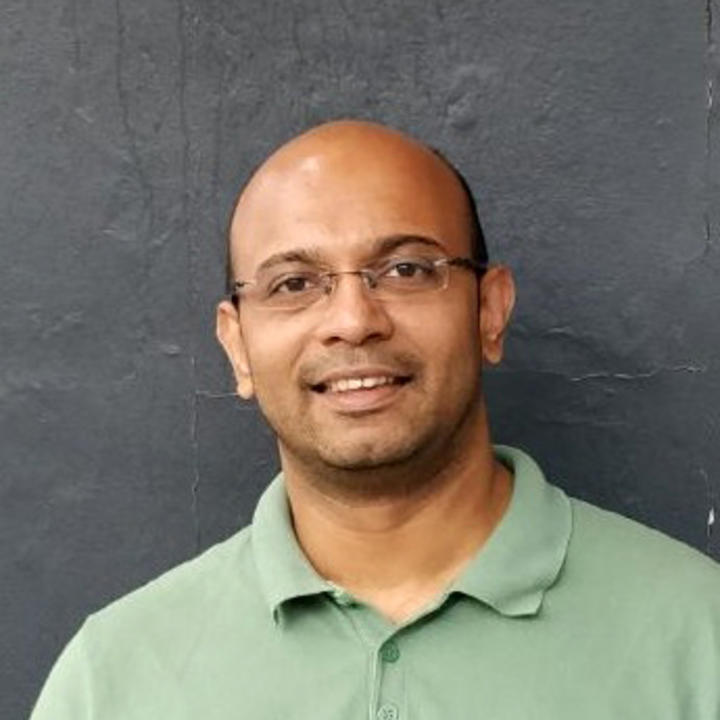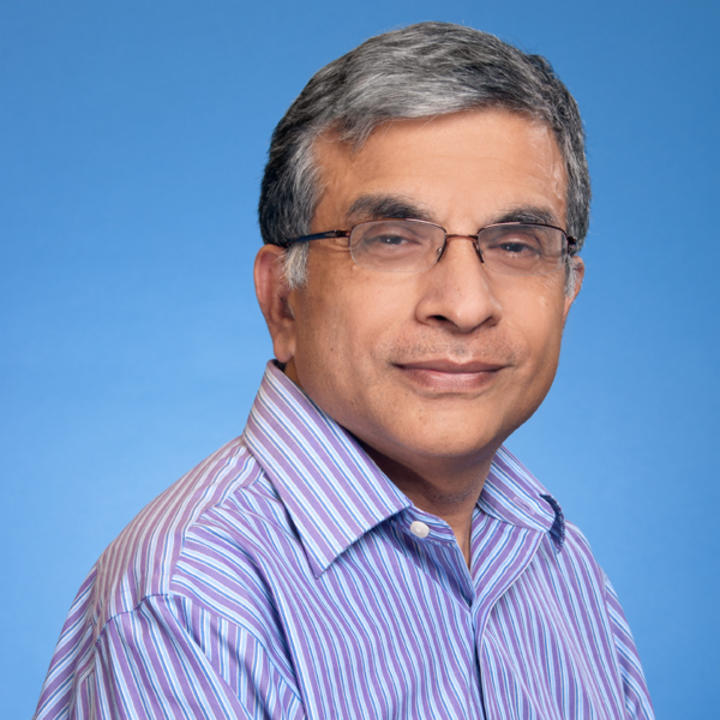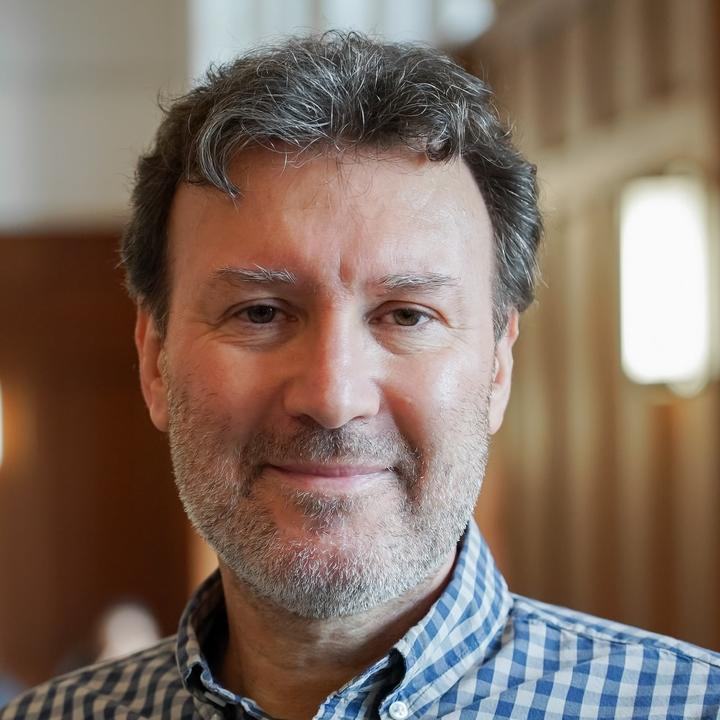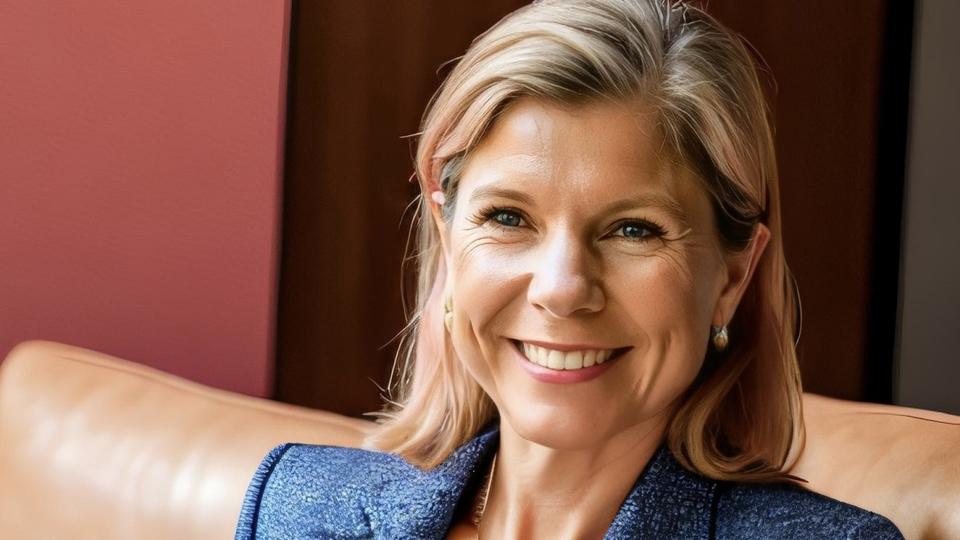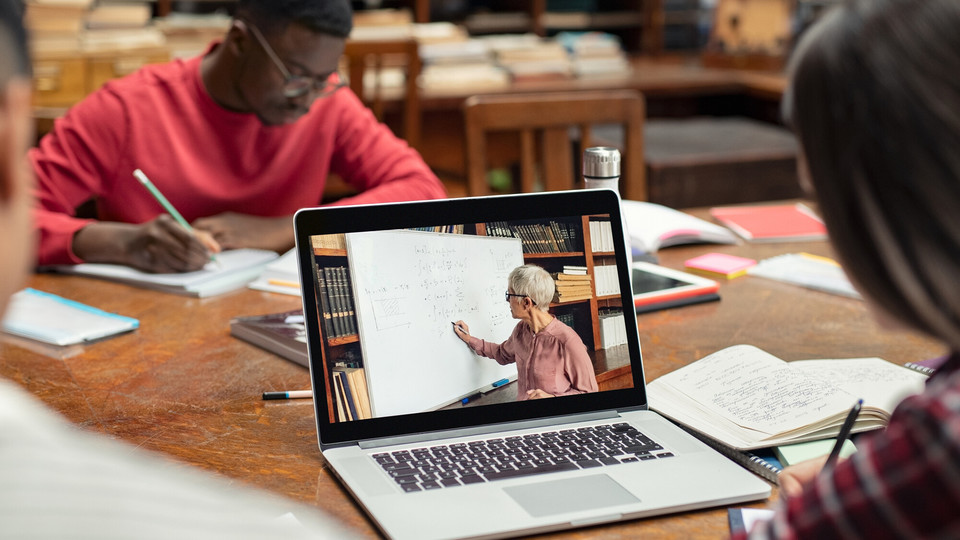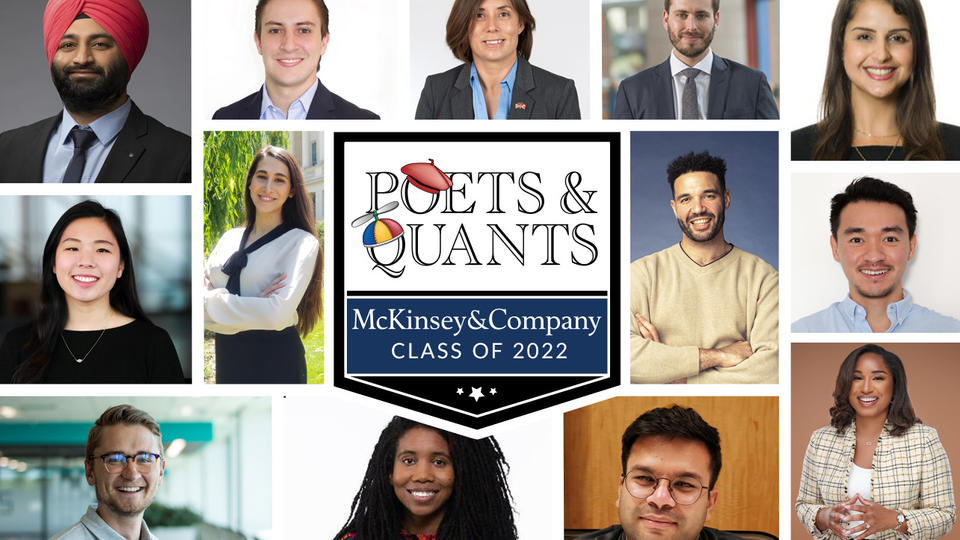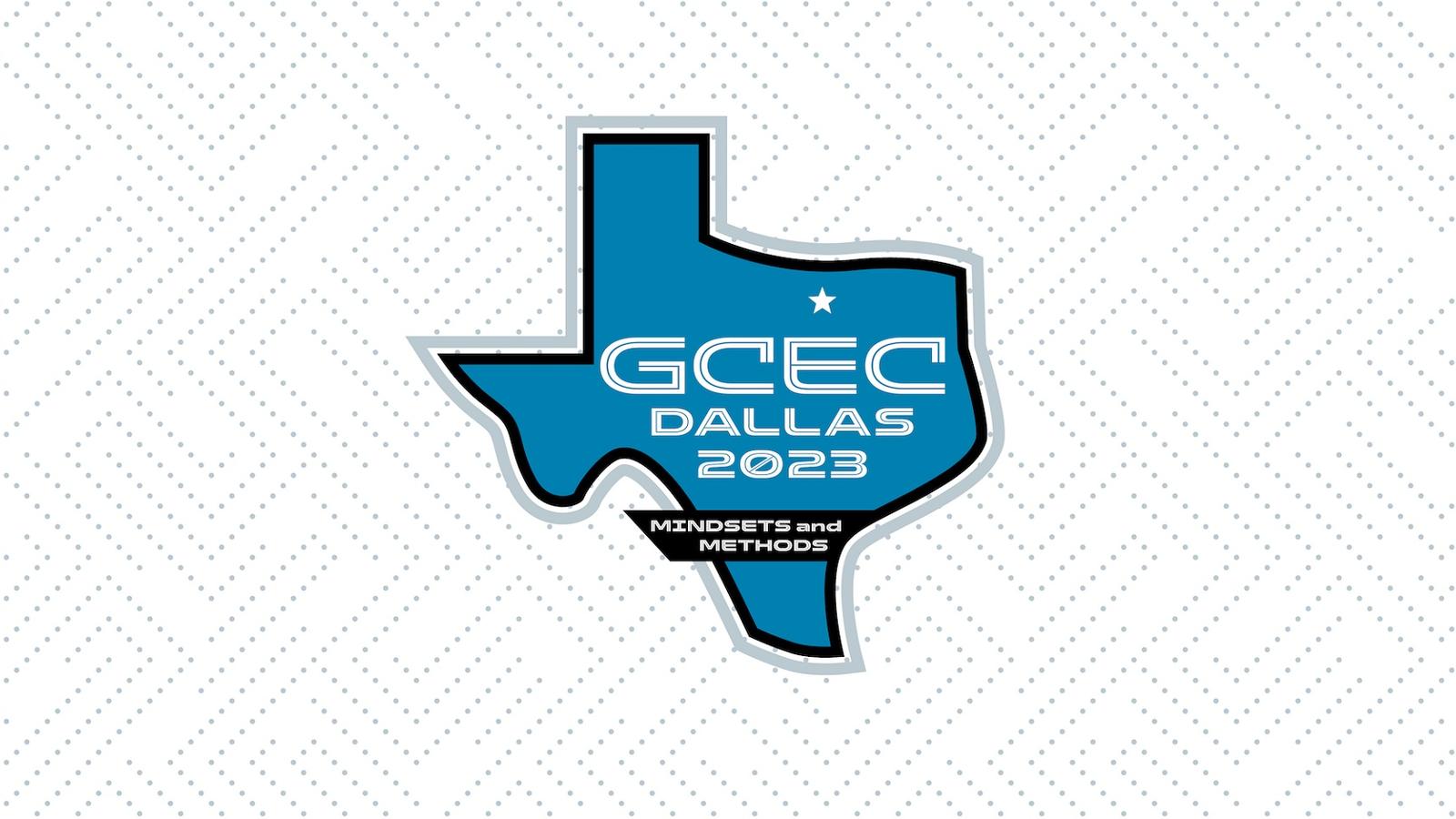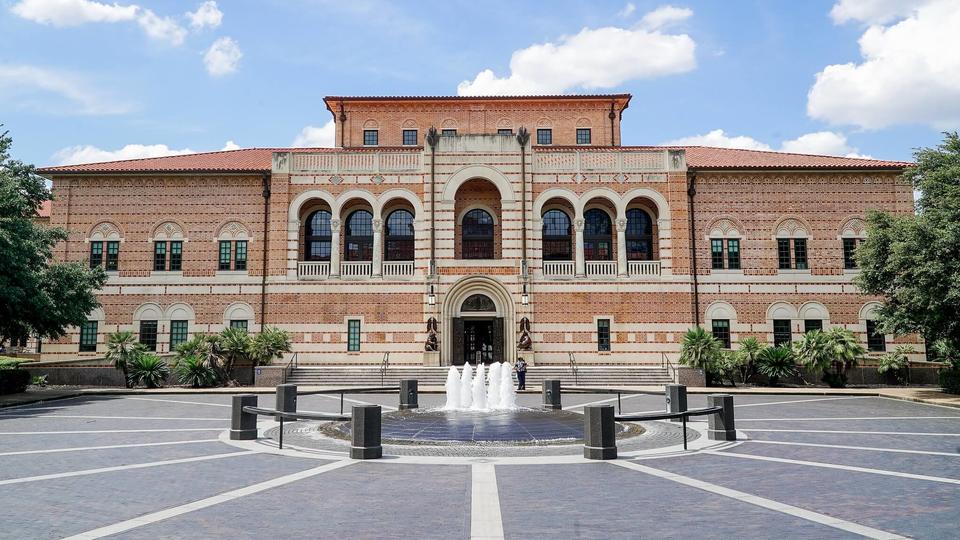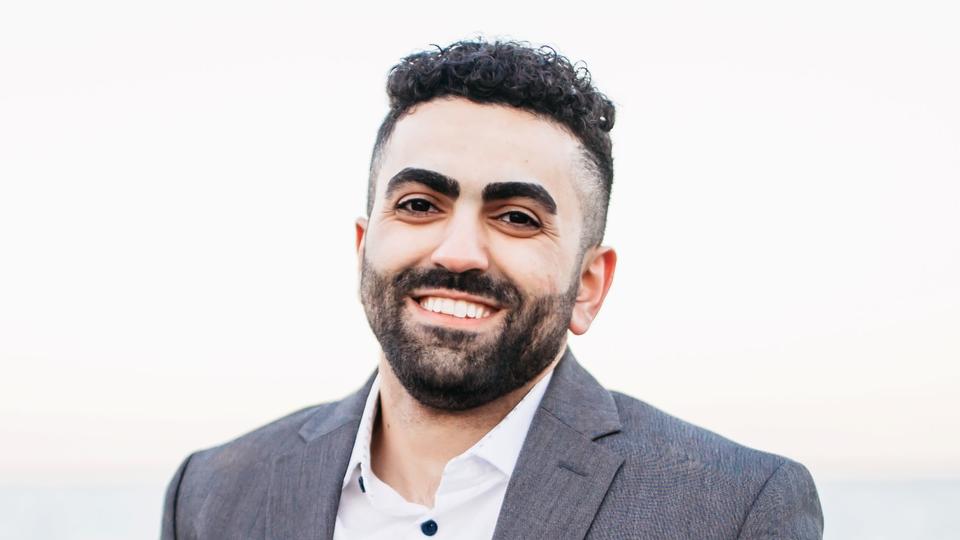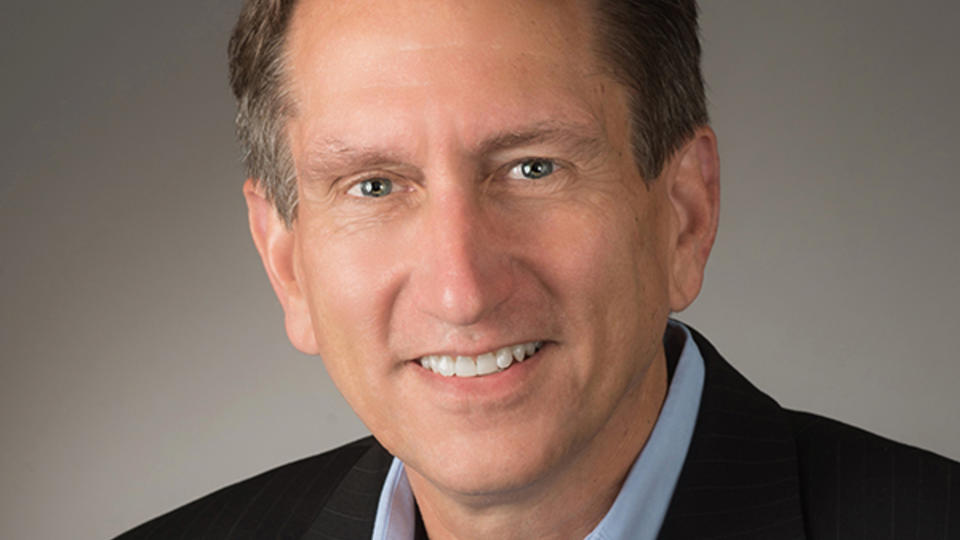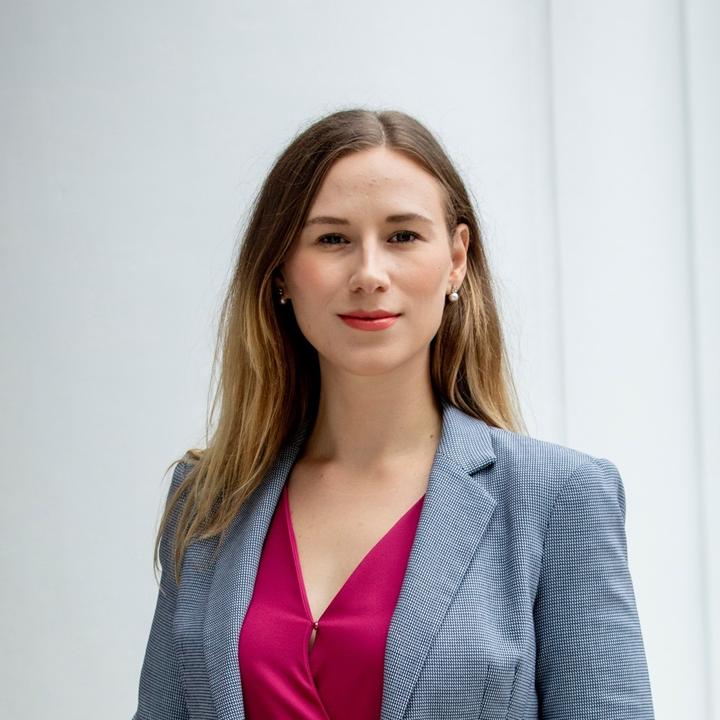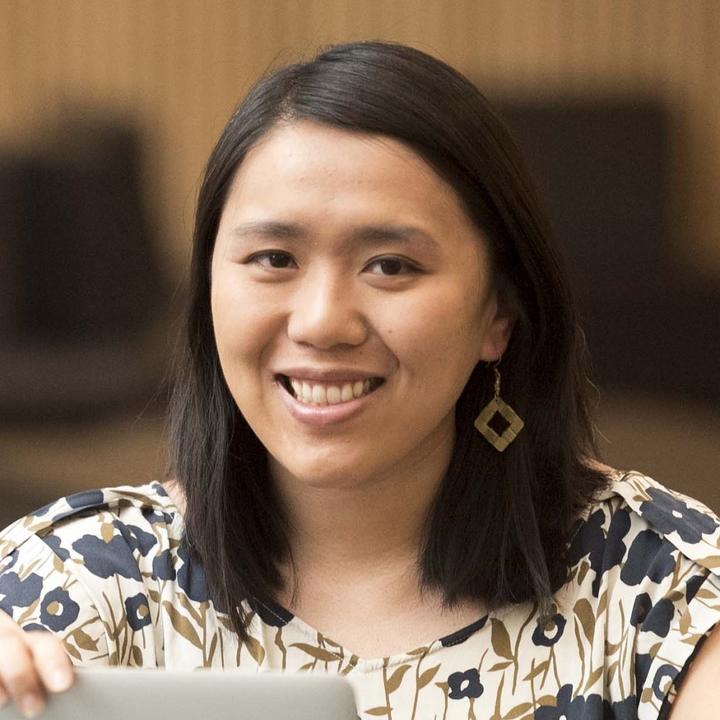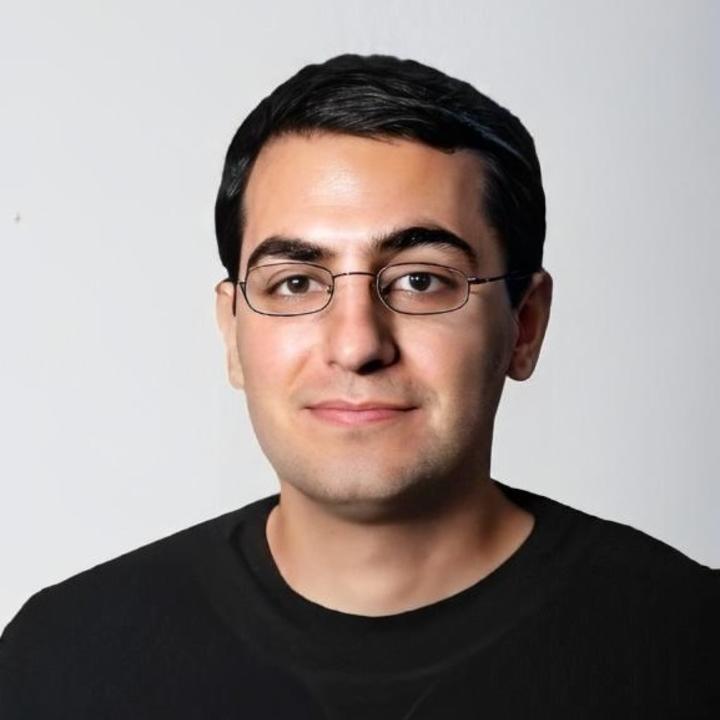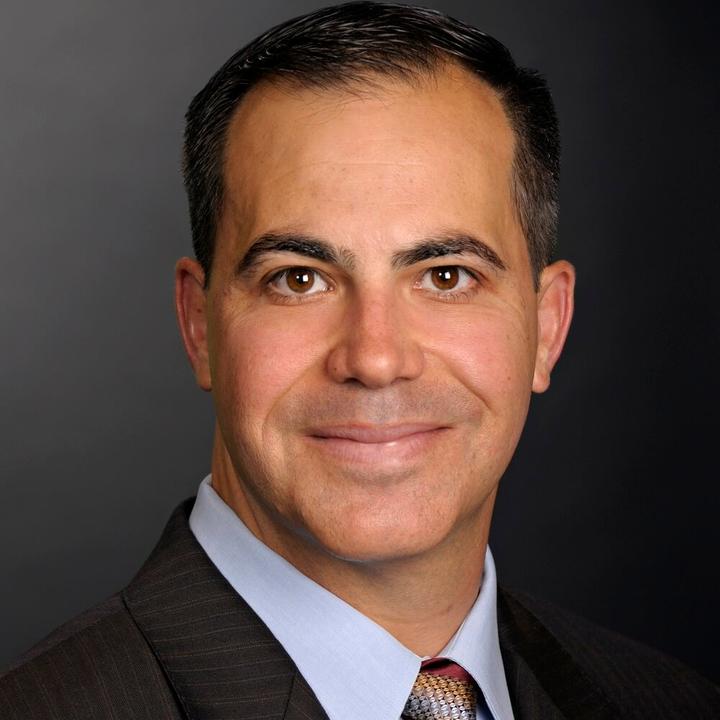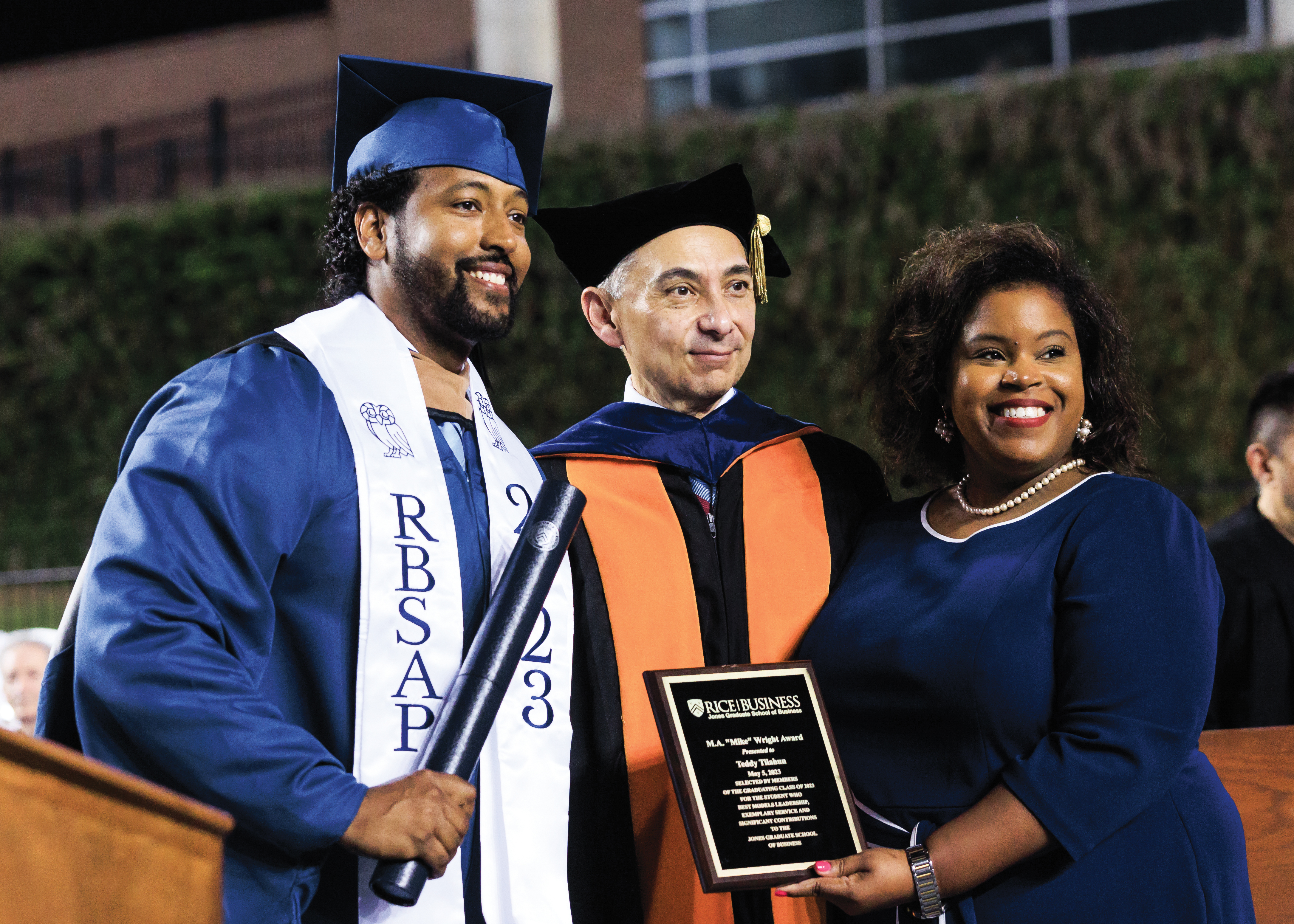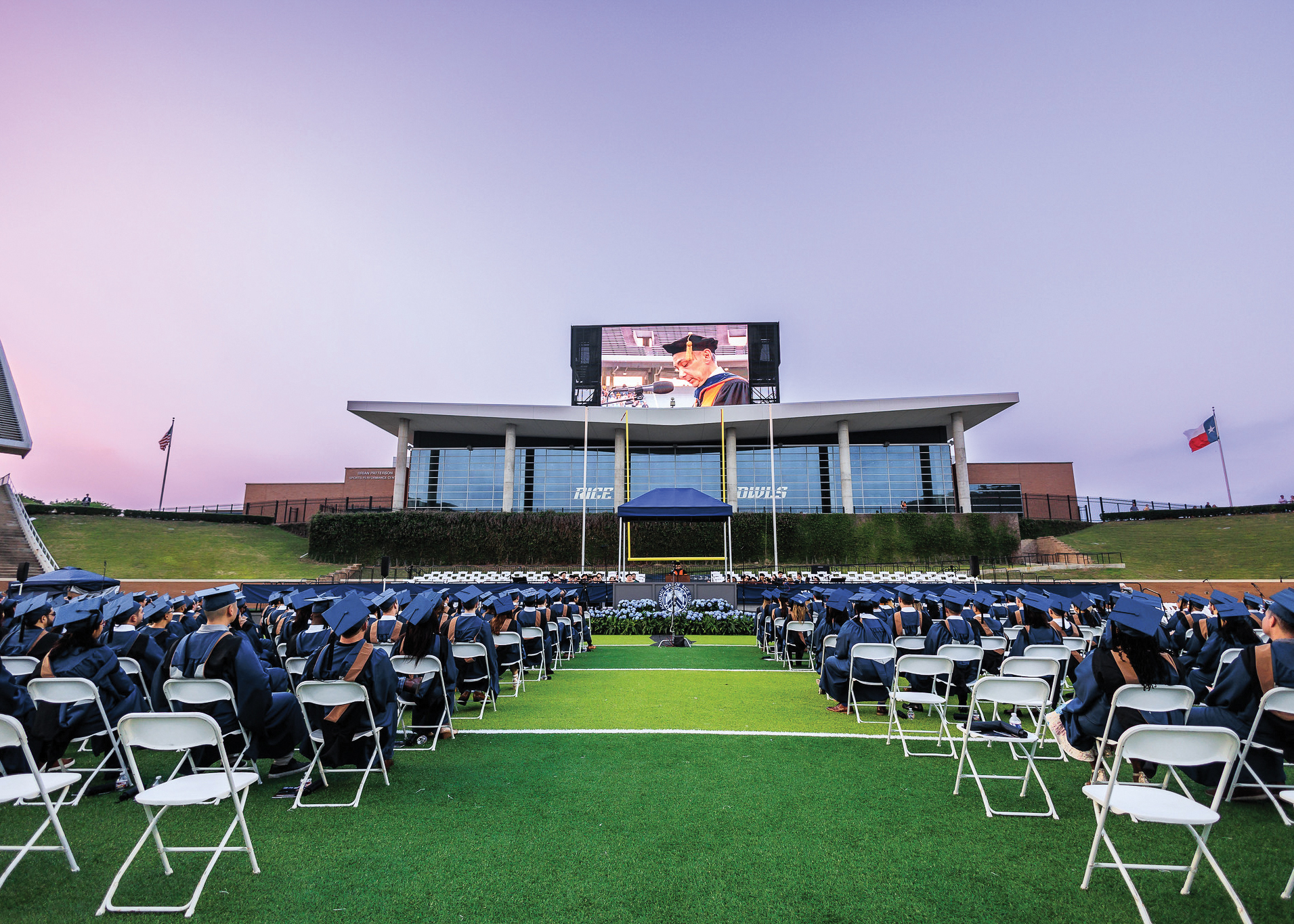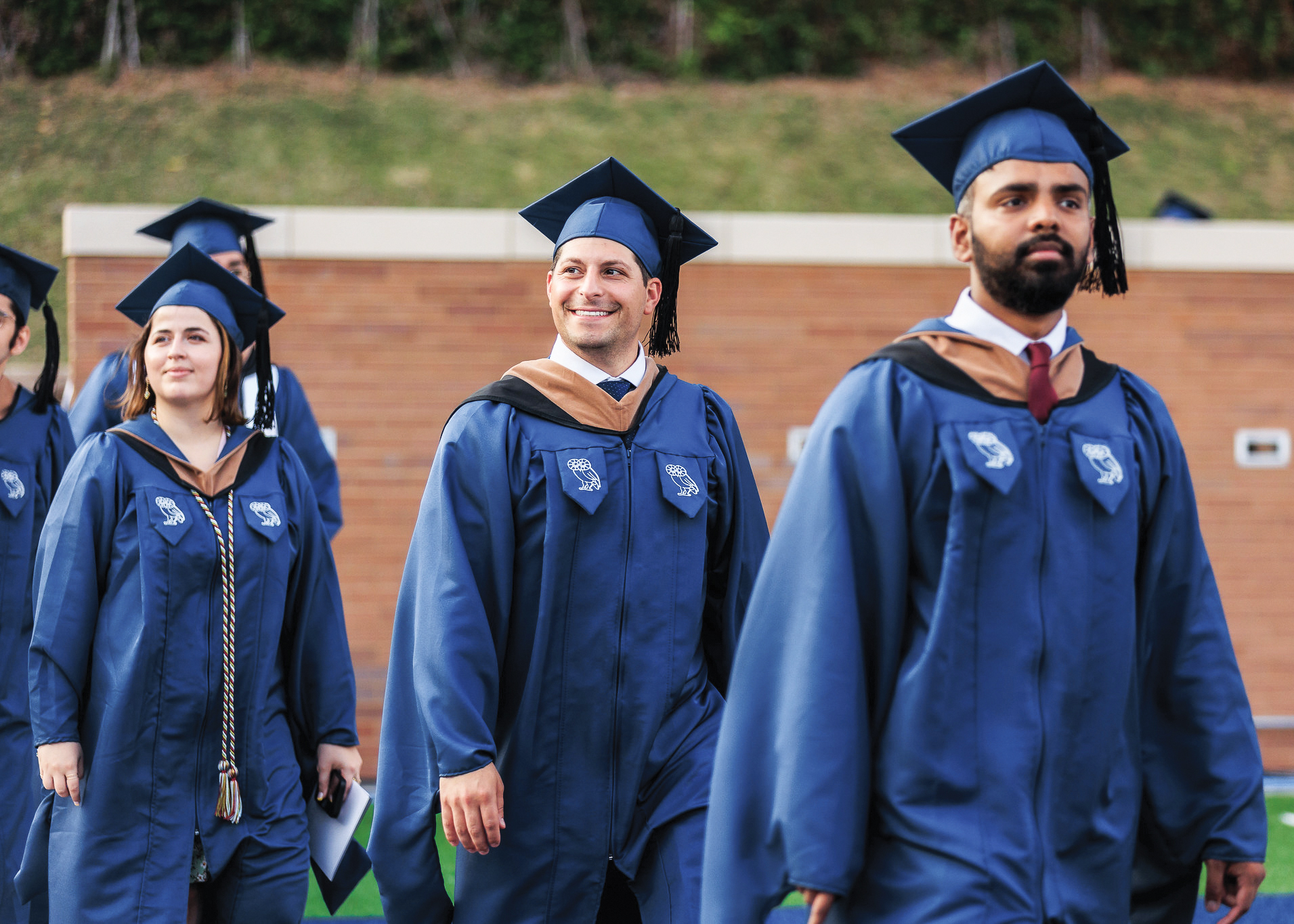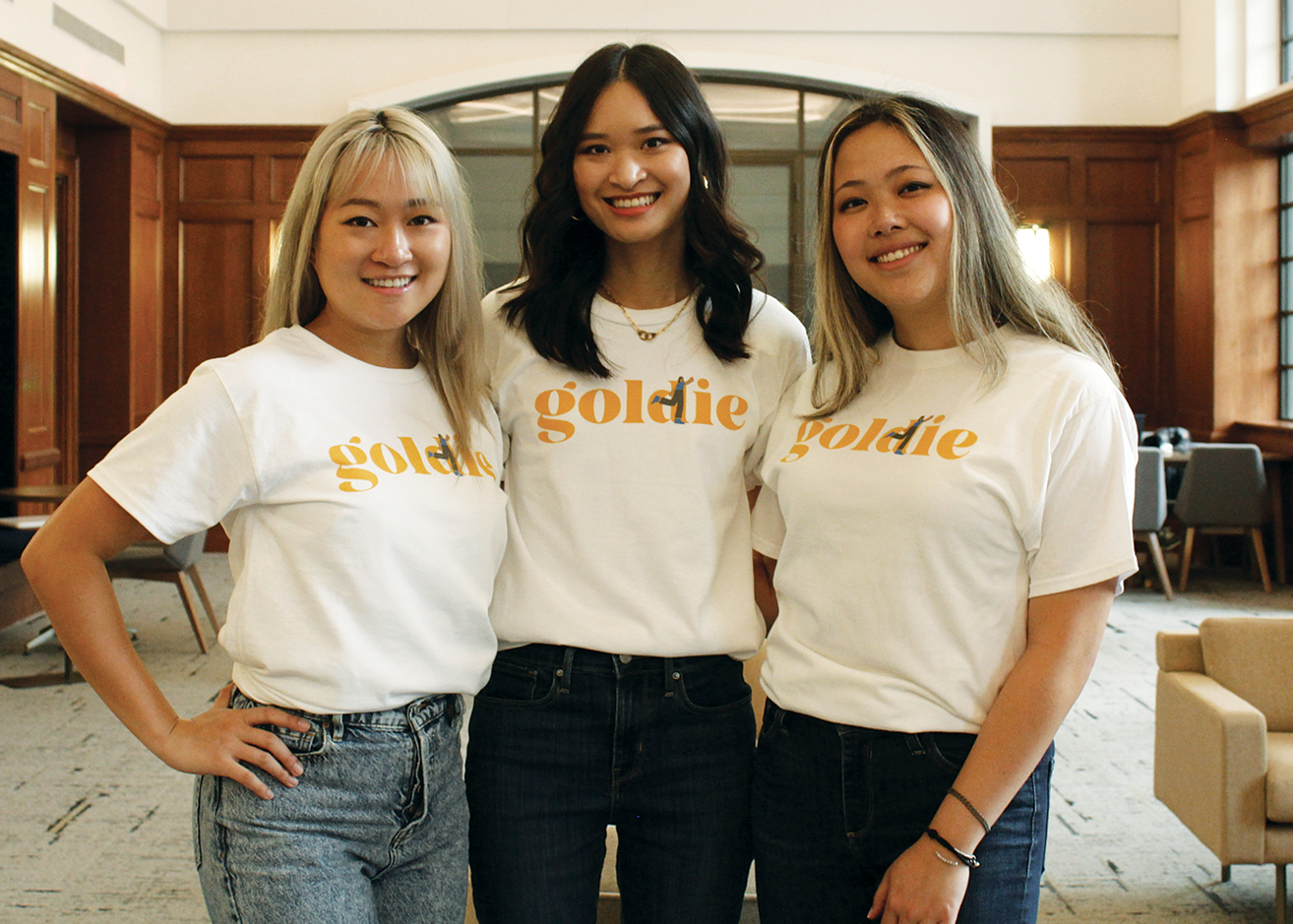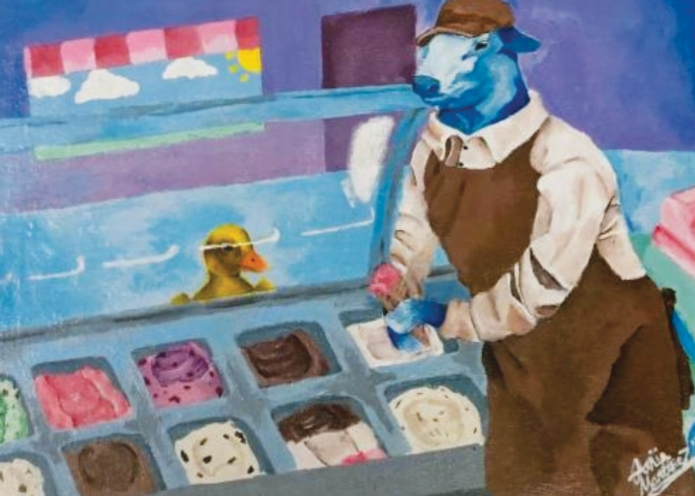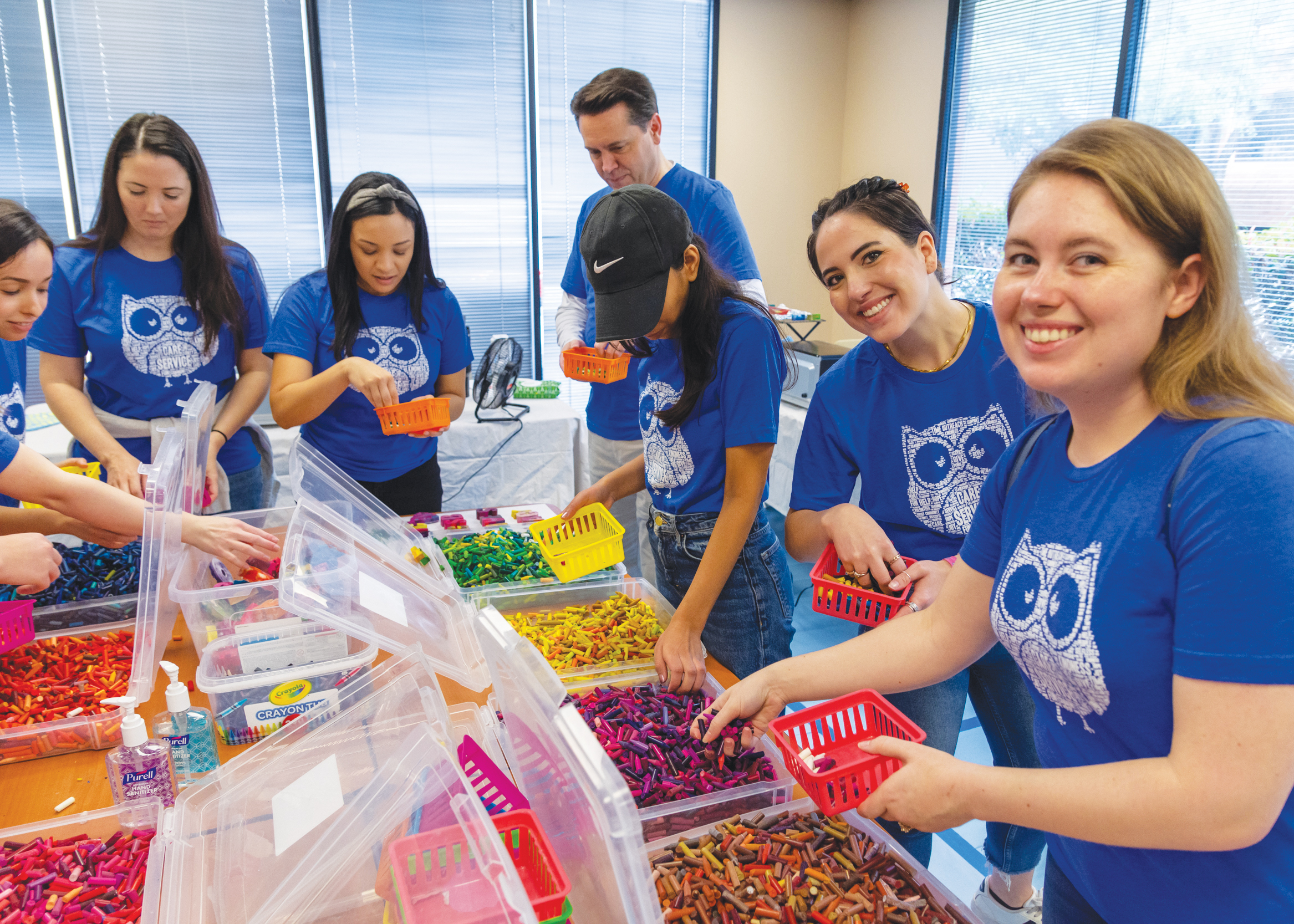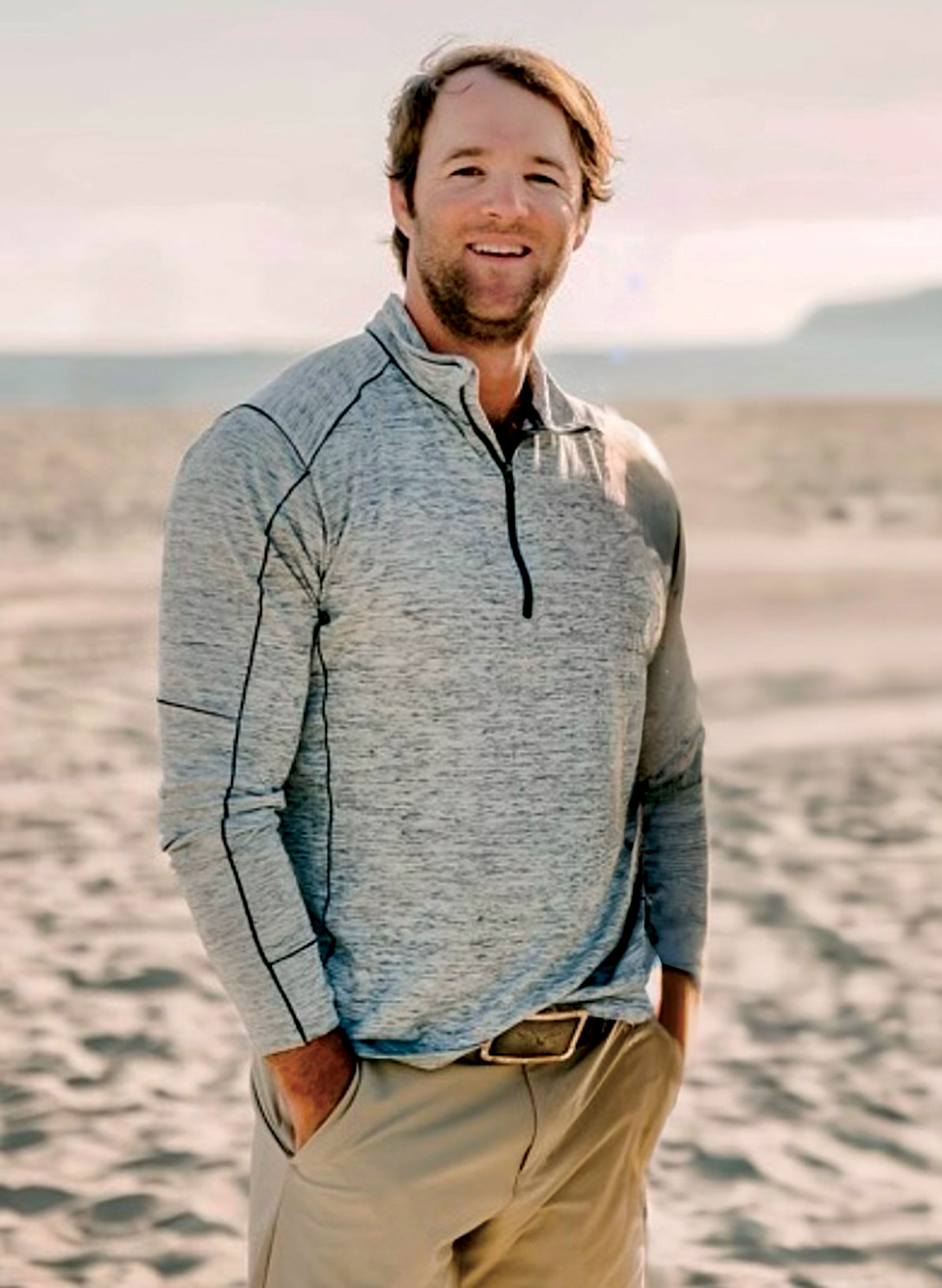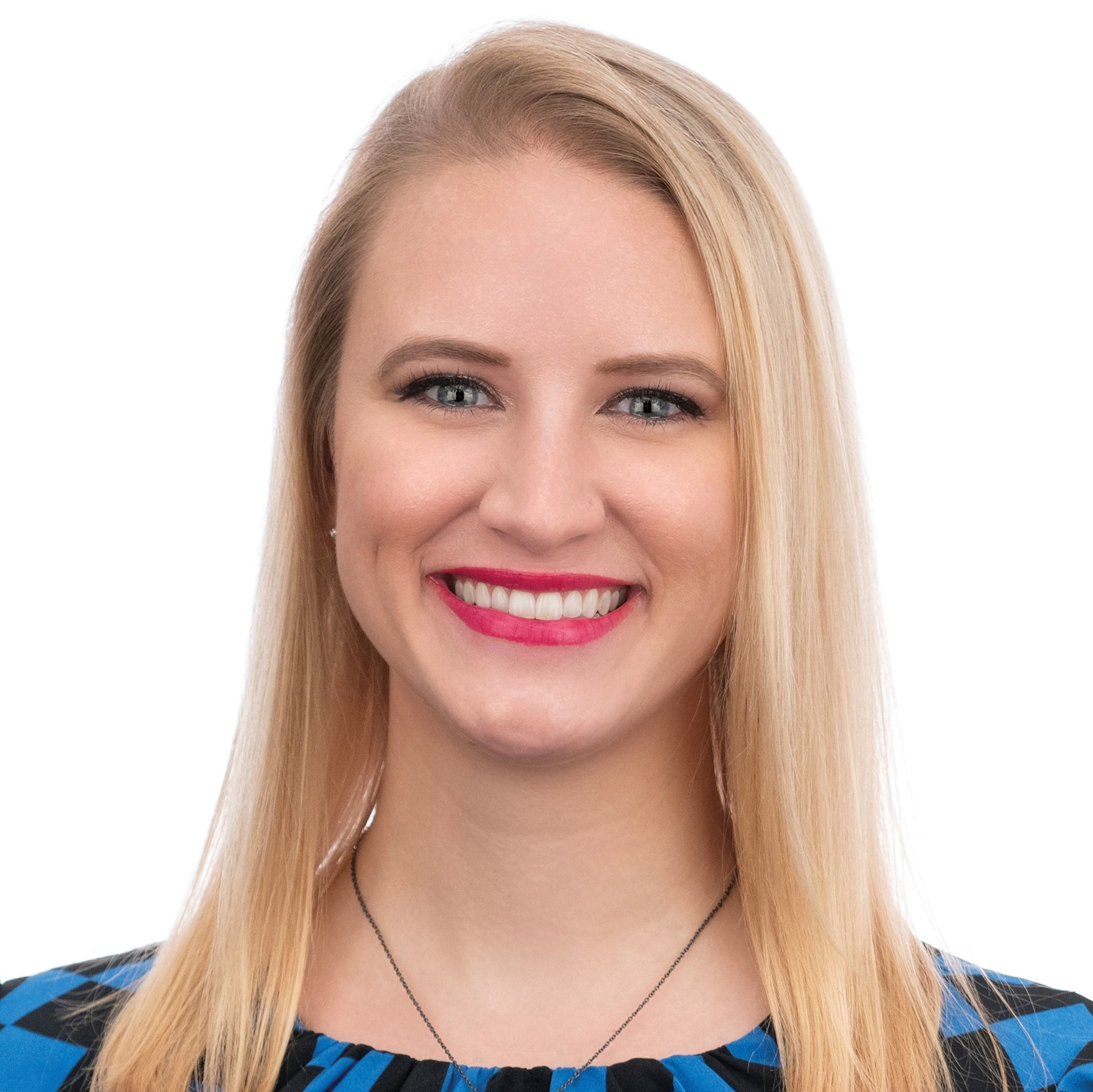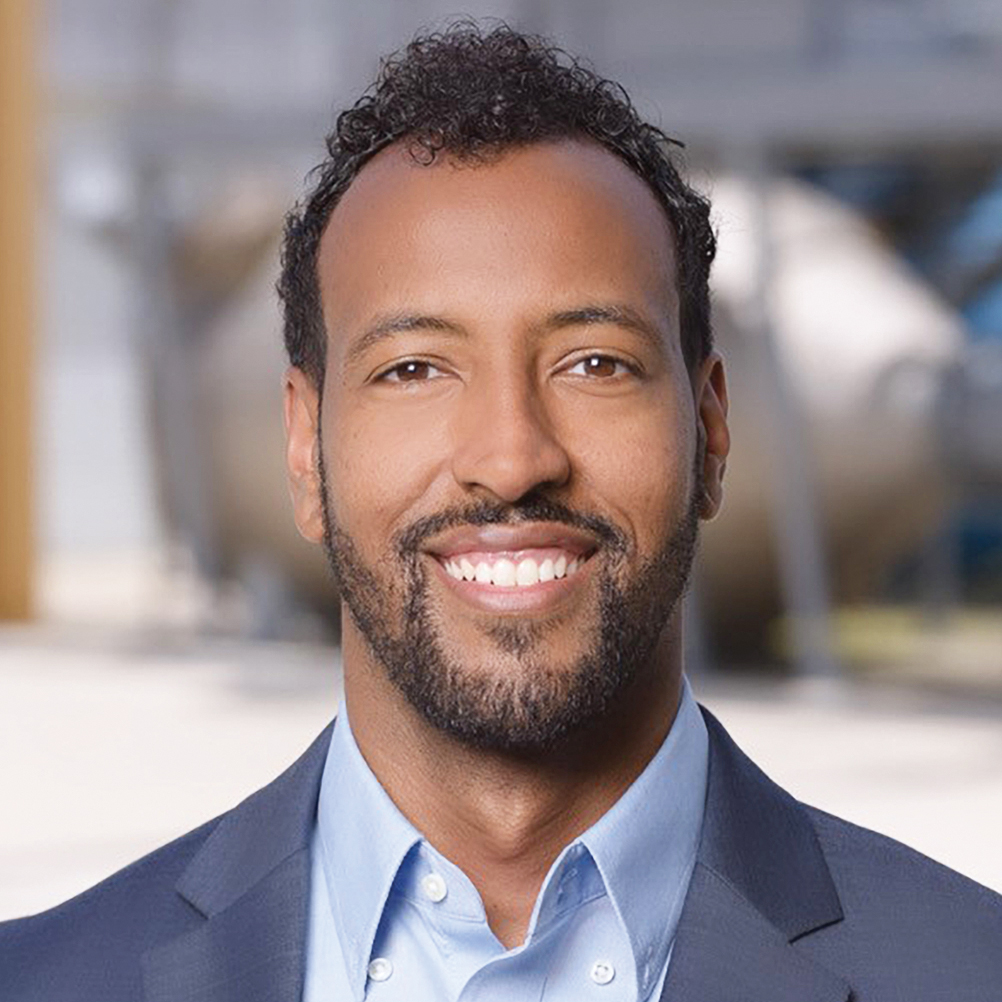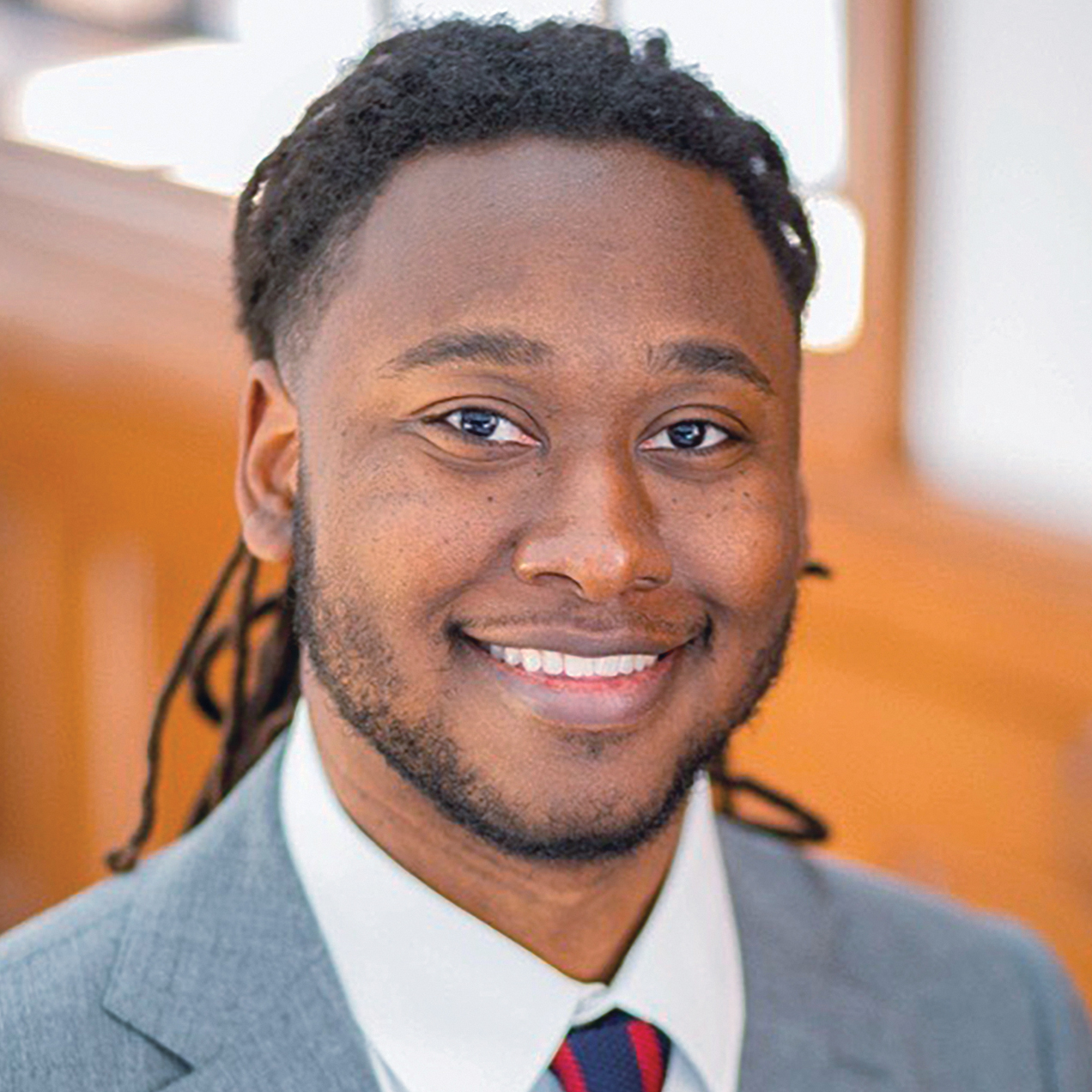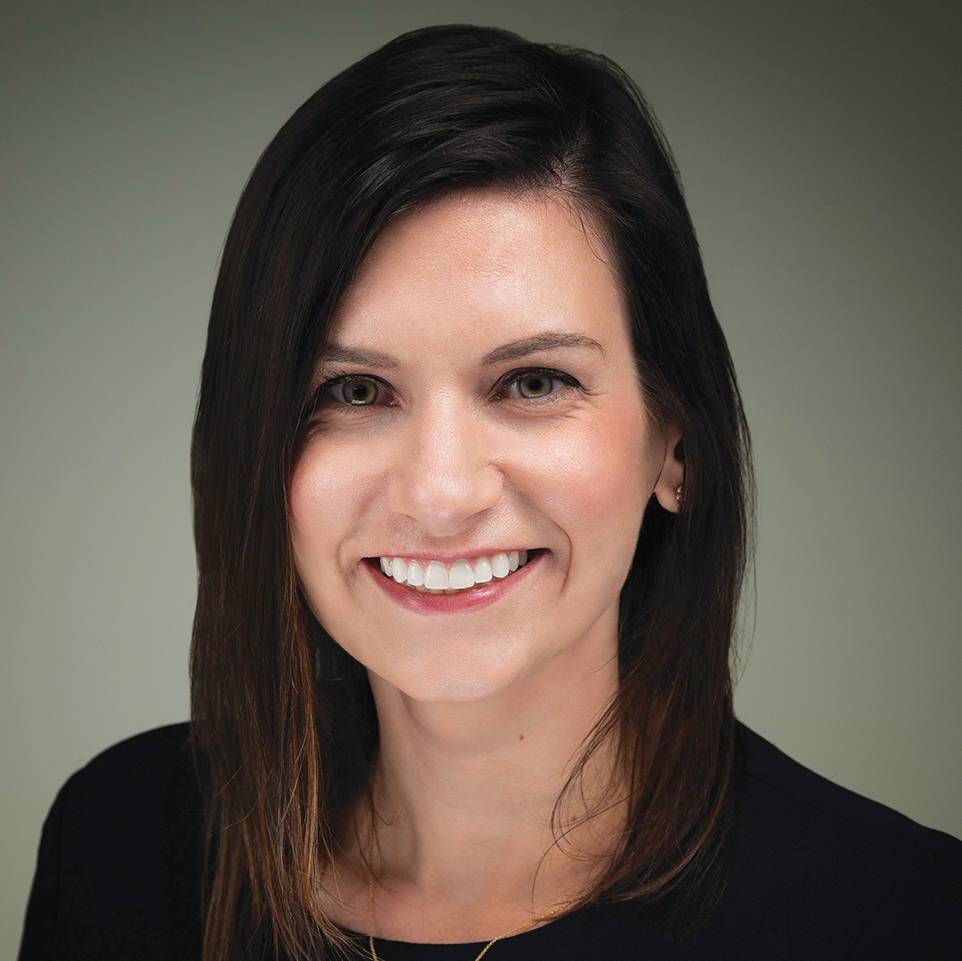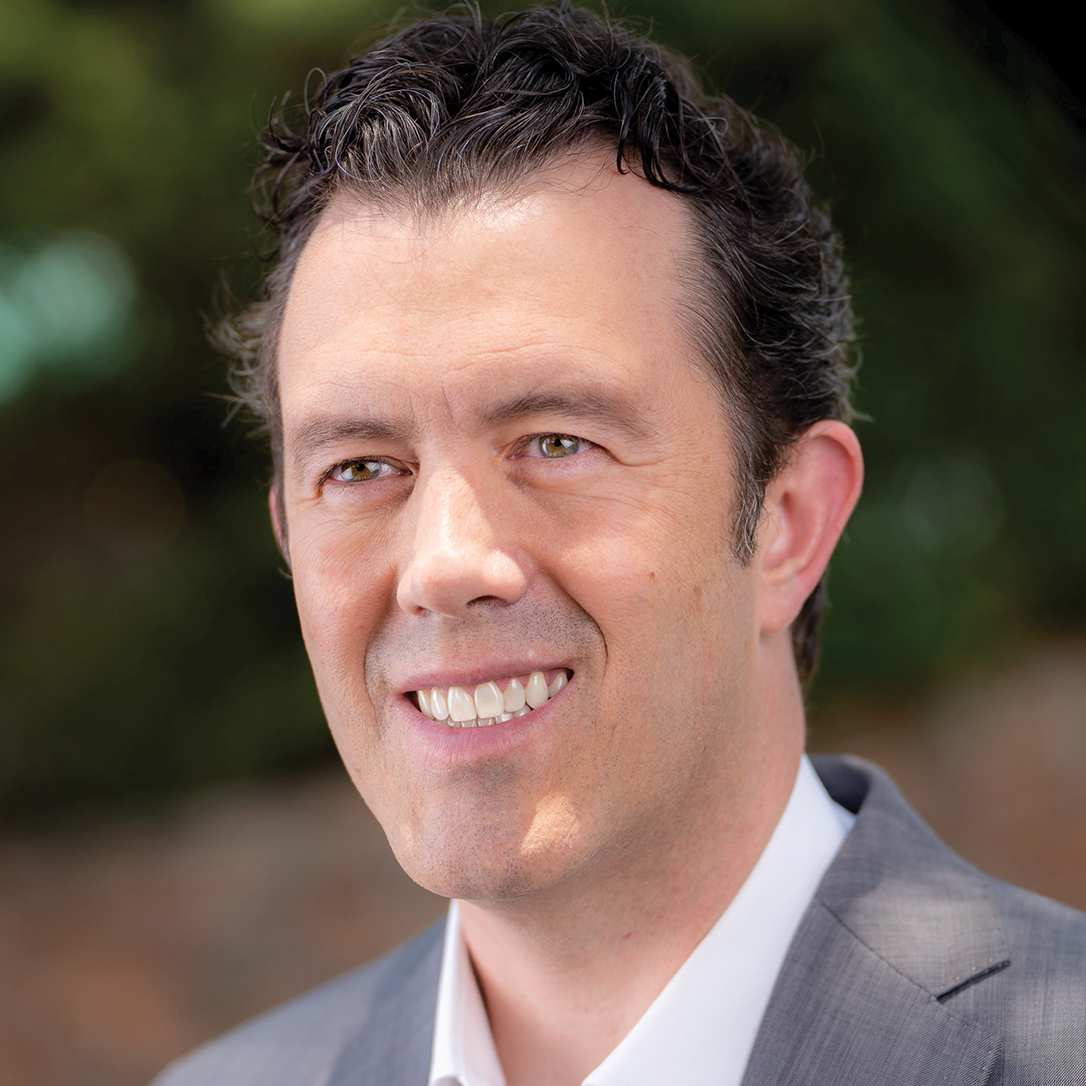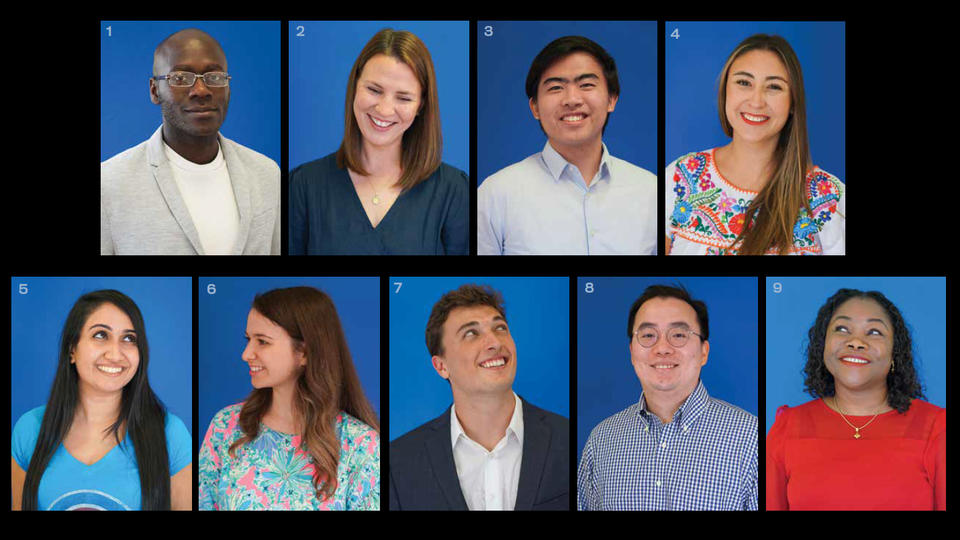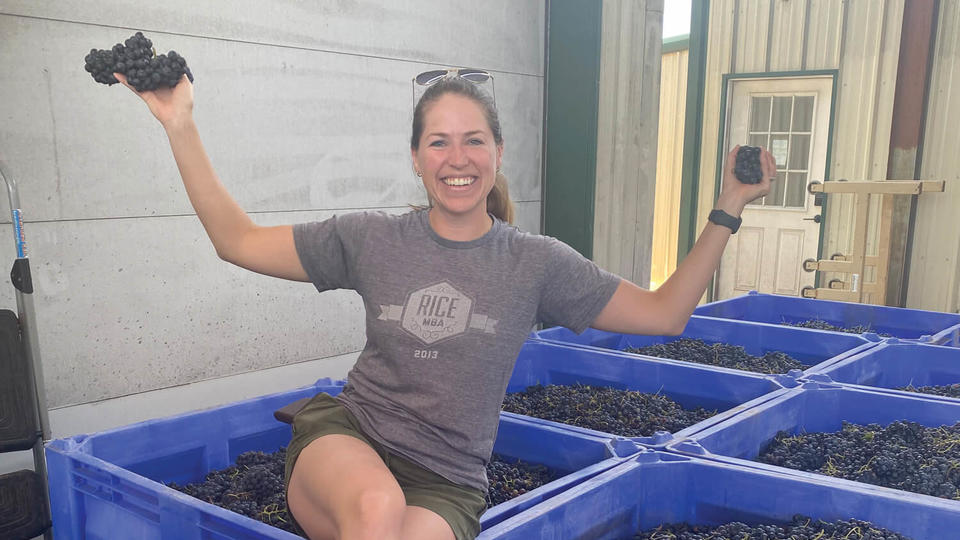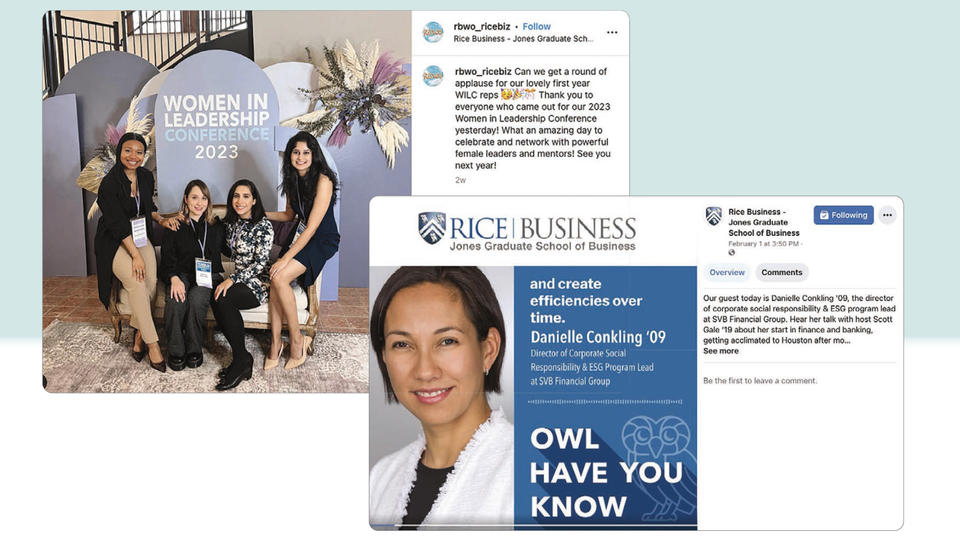[00:00] Intro: Welcome to Owl Have You Know, a podcast from Rice Business. This episode is part of our Flight Path Series, where guests share their career journeys and stories of the Rice connections that got them where they are.
[00:15] Maya: On today's Owl Have You Know podcast, we connect with PhD candidate, Rawand Rasheed. The mechanical engineer shares his journey of being a life support systems engineer at NASA and translating that knowledge and creating a clean tech innovation that could change the quality of life for us here on Earth. We talk about his experience of transitioning from engineer to entrepreneur, and how Rice Business, the Liu Idea Lab, and the Napier Rice Launch Challenge ignited a new fire within him.
Rawand, thank you so much for joining us today.
[00:47] Rawand: Happy to be here. Very excited.
[00:50] Maya: So, you have really taken advantage of all the phenomenal offerings at Rice. You're getting your PhD in engineering, and also, really using your engineering prowess to launch into entrepreneurship, which you have, with being the CEO of Helix Earth Technology. So, gosh, like, you're a busy guy.
[01:12] Rawand: Yeah, pretty busy.
[01:13] Maya: First things first, let's talk about engineering, to start with. So, engineering is really your life's passion. How did you get curious about engineering? Was that something that started for you in childhood?
[01:24] Rawand: I originally started by not wanting to do it. So, my dad was a civil engineer from Northern Iraq. My story really begins with him, actually. You know, he was the first person in his family to ever go to high school and then eventually go to college. And so, he ended up getting a civil engineering degree, which allowed him to serve the U.S. government actually in Iraq for a number of years, which got him passage to come to the U.S. And because we were Kurdish, and this was, like, in the early '90s, there was a genocide going on against Kurds in the country at the time, he decided to just leave everything back home and bring our family to the U.S., which was a difficult decision for him.
[01:58] Maya: How old were you?
[02:00] Rawand: We moved here in '96, so I was about a year old. We moved to the northwest to Portland, Oregon. And I was basically raised there. And, you know, my dad went back to school to get a civil engineering degree because his degree from back home...
[02:12] Maya: Didn't translate, yeah.
[02:15] Rawand: Yeah. And so, he went back to school again. And so, I saw him doing that growing up. And because of him, you know, I really got interested in, in science and math and engineering and physics and all these things at, at a young age. But I was adamant in high school. I was like, "I'm not going to go do engineering because I don't want to go sit at a desk and, you know, do calculations or do designs all day." So, I was, I was adamant that I didn't want to do it. And then, I got into university and I was like, "Okay, I'm going to go to medical school, I'm going to go do that." But then, in my first semester, I took physics, which I hadn't taken in, in high school because I did all the advanced biology and chemistry and all these things.
[02:46] Maya: Ah, for pre-med. Yeah, yeah, yeah, you had a plan.
[02:50] Rawand: Yeah, but, you know, I did, I did the calculus and, and the math and, and all that in high school. And, I really was really interested in that. And I did physics, and then I was like, "Wow, like, if I, if I do medicine, I'm not going to get this. I'm going to miss out on the math. I'm going to miss out on the physics. And I really love this.” And so, within the first month I switched to engineering and I basically never looked back.
[03:10] Maya: So, it's in your blood, right? It's in your genes, or not?
[03:13] Rawand: I guess. Yeah, I guess so. I don't know. Maybe, I, I guess so. There are some people who are attracted to certain areas and certain subjects. And I think that, yeah, that's very much... that was very much the case with me and, and, you know, math and physics and, and these kinds of things. And so, I knew that engineering had more of that, and so I decided to just pursue that and, and get more of it.
[03:33] Maya: Where did you go for undergrad?
[03:34] Rawand: It was in the Northwest. So, it was at a university called Portland State University in Portland, Oregon. So, that's where I went to my undergrad. And while I was there, actually, I met a professor who did a lot of research for NASA and for space technologies. And specifically, he was, he was looking at how do fluids and liquids behave in zero gravity, because it's dramatically different. And then, how does that affect, not only life in space, but also developing engineering systems for space. So, I got really hooked on research through him. And then, I applied for a NASA fellowship with him, the Space Technology Research Fellowship. I became, I think, the first person in Oregon to ever get that. And that basically funded my master's degree. And, and I, sort of, got into graduate education and research in that way.
[04:16] Maya: So, after you graduated with your undergrad, then you moved to Houston to work for NASA?
[04:22] Rawand: Yeah. So, after I got my undergrad, I stayed there in Oregon for my master's degree, but then I was splitting my time between Portland and Houston, my fellowship that I was based in Houston for. And then I, and then eventually that led to a job at the Johnson Space Center here. And so, yeah, I was splitting my time. And then, eventually, after I finished my master's degree, then I moved to Houston full-time.
[04:41] Maya: And you spent five years as a life support systems engineer at NASA. Tell me about that. What kind of an experience was that?
[04:48] Rawand: It was a lot of fun. So, for the first two of those years, I was part of the Space Technology Research Fellowship, and that's me splitting my time. And then, for the other three years, it was more, sort of, a traditional engineering role. And it was, it was a lot of fun. I mean, you get to see a lot of cool things that not everybody gets to see. And it's just a really unique experience. There's a bunch of smart people there, a lot of people with PhDs, a lot of people that are experts in this one thing, where that's probably the only person in the world who is, like, who's got that expertise, because it's so niched and it's so unique.
It is just a super engaging environment, super unique. And the problems that you have are, like, you don't see them anywhere else. It's, like, you have so many constraints on the systems that you can build and so many things that they need to do that you really invent a lot of new cool and exciting technologies, which is actually how my company got started, was through addressing one of the challenges that we had in space. And then, the things you build have implications for the astronauts and how they interface with your systems, and then how that affects their quality of life in space. So, it's just a totally, like, unique and engaging environment that I don't think you're going to find in many, many places.
[05:53] Maya: For sure. I mean, NASA is NASA. There's no other NASA.
[05:58] Rawand: Right.
[05:59] Maya: So, life support systems engineer, I want you to explain what specifically that entails.
[06:06] Rawand: So, in that branch, you know, what we developed were technologies that basically kept people alive in space. But, you know, in space there's a lot of things that you have to do. So, you're, you're in an enclosed environment. You have to generate your own oxygen. You have to purify the air. Because humans, we exhale CO2, so you have to purify the air of the CO2. You have trace amounts of ammonia that come off your skin. And eventually, if you don't, if you don't filter that out of the air, it'll get to a point where it can be lethal. So, you have to deal with purifying the air of the ammonia. And then, there's a whole bunch of other things that you have to have to deal with on the air purification side. And then, you also have to recycle the things that, you know, we take for granted. So, for example, water. We just open up our tap. We drink. And, you know, we're good to go.
[06:48] Maya: No water in space.
[06:50] Rawand: There's no water in space. And it's very expensive to ship it up there. It's super, super expensive to ship water up.
[06:53] Maya: Yeah, heavy.
[06:45] Rawand: It's heavy. And you, you can't really compress it. So, so you can't, like, compress it like air, you know, in tanks. You can't just like...
[07:00] Maya: You can't dehydrate water. You can dehydrate food.
[07:02] Rawand: And you can't dehydrate water exactly like food. So, they actually recycle urine in space. I think about 90%, they get about 90% of the water and urine back out and recycle it and turn it into distilled water. So, the, the, the common joke that I've heard is that today's coffee was yesterday's coffee. So...
[07:21] Maya: I'm not going to drink coffee for the rest of the day now. You just ruined coffee break.
[07:24] Rawand: Yeah, exactly. So, actually, my... what I got my start in was developing new methods for distilling urine in space. So, I developed this new method. I actually got it patented, where you could distill urine in space without ever touching surfaces. Urine is pretty... it's got a lot of stuff in there. So, it's very prone to fouling surfaces and corroding surfaces and materials. And so, I've made this method where you can actually distill the urine without ever touching surfaces and to prevent that fouling.
And so that's how I got my start. And then, you know, eventually worked on other technologies that astronauts need. So, for example, respirator filters astronauts in the cases of, if there's a fire, you know, you need to actually protect the astronauts from harmful toxins. Almost anything that you could think of that requires life, you know, air, water, protection against harmful elements, that we interface with all of those things.
[08:11] Maya: Wow, that's fascinating. So, you did that for five years, and then you decided to go and get your PhD. Why did you choose Rice? Was it because of proximity to NASA?
[08:22] Rawand: Yeah. So, actually, I immediately... after I finished my master's degree, I jumped into my PhD program at Rice. So, I, I, sort of, did them concurrently. And yeah, a lot of it was because of proximity. And, and also, because it's, it is just a wonderful school. So, I had a friend who was doing her PhD at Rice. And so, I got to spend some time on the campus and spent some time with the students, both the undergraduate students and then the graduate students. And I saw just a lot of the amazing research that was happening and a lot of the awesome professors that were at Rice in a bunch of different departments, and, and was really drawn into the whole ecosystem and the environment. And then, especially because it was more of a small school and so everybody seemed really close-knit, that was not something that I was used to, coming from a state school where there were, like, 30,000 students. And coming to Rice, it's like 8,000. You really feel the difference in, in, sort of, the culture and the environment. And so, I was, I was drawn in by, by, sort of, two things, which is, you know, the culture, but then also the, the amazing stuff that was happening, both on the research side and, and also on the programmatic side for research.
[09:22] Maya: So, what was the spark that inspired you to launch your own venture? And I used "launch" on purpose.
[09:29] Rawand: Yeah. I've always been interested in entrepreneurship. So, I've always had that, sort of, vision to go and spin out and do my own thing, but it never became real until, you know, maybe a year and a half ago. It's really, a lot of it is because of Rice. This story starts a little bit earlier. It starts when I was at NASA. So, right now, on the space station, they don't really put out fires. If a fire comes up, they evacuate the module where the fire is at. They close it. And they let the fire basically put itself out.
[09:54] Maya: Does that happen often?
[09:56] Rawand: Not too often.
[09:57] Maya: But it happens?
[09:58] Rawand: But it happens and you have to, you have to, sort of, account for it. And so, it has. And it has happened in, in a bunch of other different settings as well. And so, Orion is this space capsule that's going to go to Mars. Some of the teams there that were doing fire safety decided that, you know, if there's a fire on Orion, we have to put it out and we have to do that because there's no safe return, unlike on Space Station. If something goes wrong on the Space Station, you can easily come back to Earth, no problem. But for Orion, if you're going to Mars, there's really not many options for return and evacuation. So, you have to... if a fire comes up, you have to put it out. And so, they decided, the safety team, that we're going to put it out with a tiny spray of water droplets. And then, after the fire is put out, we're going to need to clean up the cabin because if a fire erupts, it produces a bunch of harmful things, like carbon monoxide, vault organics, acid, gasses, all these things. And so, they made this big filter. They had a whole bunch of different layers, where once the fire is put out, they would turn this thing on, which would just purify the whole cabin air. And that's, that was the goal.
The one problem, though, is that, in zero gravity, when you use these droplets to put out the fire, these water droplets, they go all over the place and there's no gravity that would have them settle. And so, in the airstream, you also have this water that's in there. And a bunch of these layers are very sensitive to moisture and water. And so, so they put, like, some classical filters in front of the huge filter array. And then, it just, like, clogged immediately.
[11:24] Maya: Oh, dear.
[11:25] Rawand: So, we had to figure out how to solve that problem. So, we need to, we need to take out the droplets from the air, but the filter never can clog, and it has to actually hold, like, a liter of water, because there's that much water in the air. And then, it can only be this, kind of, a dimension. We had a lot of dimensional constraints and then some material constraints as well. It was another one of those problems where it's like, you know, can't be too heavy, it has to do all of these three things. And, and, you know, we just found out that there were no technologies on the market to solve that problem. So, we came up with a new, basically, a new filter to solve that problem. And we patented it. And then, I took it to be part of my PhD dissertation.
And so, I wanted to see how we could use this to solve other problems, not only in space, but on Earth. And so, eventually, I got a fellowship from the DOE to pursue that research. And I found out there's a whole bunch of different problems that we could solve on Earth. And one of them being that we could help solve air conditioning energy use problems. So, in human environments, especially in a place like Houston, 70% of the energy used in the air conditioning cycle is devoted to just pulling the humidity out of the air, not really to cooling the temperature. And so, we found out that we could actually solve this problem with our filters and reduce the energy cost by more than 50%.
[12:35] Maya: Wow.
[12:35] Rawand: And so, so, I started pursuing this research, and then eventually was able to get involved with the innovation fellowship program at, at Lilie, Liu Idea Lab for Entrepreneurship. Yeah. I went there. And I took part in this innovation fellowship. And that program is designed to help PhD students and postdocs commercialize their research. And so, as part of being in that program, I started slowly developing the business case for the research that I was doing. And then, I actually met my co-founder through the innovation fellowship. He's a Rice alum, a successful entrepreneur as well. I took place in the Napier Rice Launch Challenge for the company and-
[13:06] Maya: Which you won, uh-huh.
[13:08] Rawand: ... won first place, won first place last year.
[13:10] Maya: You've won, like, first place in every single competition that exists, it seems like.
[13:15] Rawand: In a few of them. Yeah, in a few of them. But, you know, all these things were coming together. This... all this momentum was happening, you know, on the business side of the house. And then, on the research it was really, really compelling. And so, we decided that we'll launch the company together. My co-founder and I, we launched in September of last year. One thing led to another, which led to another, which led to another. And then, the case for the actual business was just too compelling to turn up.
[13:39] Maya: Kind of like kismet, right? Meant to be.
[13:41] Rawand: Yeah, exactly.
[13:42] Maya: So, launching a startup requires a lot of trust in your partners. And you mentioned that you met your co-founder at Lilie, which is also one of the huge benefits of the opportunity to be at Rice and everything that Rice offers, one of the best things is, is really each other. So how, how do you know that you’ve found the right people?
[14:06] Rawand: With your co-founder, it's, sort of, like finding the one. It's, like, it really is. It's like a marriage, like a business partnership.
[14:11] Maya: It is.
[14:13] Rawand: There's a couple things that you should look for as best practice. So, I come from a technical background. I'm very, very technical. And I don't have much... well, at the time, I didn't have much experience in building a company. I didn't have experience on the business side of the house. So, what I was really looking for was somebody to compliment my technical skills, which is somebody who knows the entrepreneurial and business side of the house from the ground up, who I could learn from as well. I went for a co-founder that wasn't super technical. Although, he has a physics degree from Rice, but that built his career off of just building companies. So, he's experienced in building companies from zero employees to 1,000 employees and everything that comes with that in between.
And so, I looked for somebody that had complementary skill sets to my own. So, that was one thing. But then, the other thing was... and this is, sort of, like, a harder one, more elusive, is, is to find somebody that has the right character, not only the right character in terms of, like, somebody with integrity, but somebody that gels well with your own personality as well, somebody that you can work with. I look for people that are high integrity. We're hiring now as well. And so, I'm looking for the same things, which are people that, that are also passionate about the mission that we're embarking on, that really want to make a difference in the world, and that are just fun to work with, that are easygoing, and that will work hard and also play hard, right?
[15:28] Maya: Last year, you won the Napier Rice Launch Challenge, and then you also won the Lilie Lab competition. First of all, I want you to tell me about that. Tell me about these competitions and the rigor of that and, you know, the folks that you got to meet along that journey as well.
[15:44] Rawand: It was, like, a brand-new experience. I was used to presenting things from a scientific perspective, where it's, like, "Okay, here's all the things we've done. Here are all the details of, like, the technology. Here's all the details, you know. Here's this weird thing that we had an issue with. And here's the things that we're trying to solve." In the business planning competition, you have to throw all that out. You have to tell people a good story. You don't have to necessarily have all of the answers, which is one thing that was a little bit difficult for me. You have to have a good plan for how you're going to actually achieve the things that you set out to achieve.
And so, going through the Napier Rice Launch Challenge for the first time was really different because I wasn't used to pitching in that way or, or telling the story of the technology or, or the story of what we're trying to do in that way. It was like jumping into a totally different pool. And it was just, like, a little bit of a shock in the beginning, but, but it worked out well. There were, like, two rounds for it. There was, like, a semifinal round where you pitched either a five-minute pitch. And then, from there they dwindled the 84 teams down to six teams. And I got to meet, actually, one of the judges, you know, is now a good friend of mine, the one of the judges in the semifinals. And so, I got to meet him and...
[16:45] Maya: Who's that?
[16:46] Rawand: His name's Adrian Tromel. He's a...
[16:47] Maya: I know Adrian.
[16:50] Rawand: He's in... you know Adrian, yeah. So, he's a good friend of mine now. And, and I met him, actually, he was a judge in the semifinals.
[16:56] Maya: He's phenomenal.
[16:57] Rawand: Phenomenal guy.
[16:57] Maya: Yeah. He was one of, I was taking Al Danto's entrepreneurship labs. And he was one of, I guess, the mentors that was assigned to me. He really thinks outside the box, certainly. And, and he was, he's a phenomenal judge and, and really makes you recognize where your, you know, your strengths are and also some of those gaps. And he articulates it so beautifully and so kindly, right?
[17:22] Rawand: That's Adrian, yeah. He's, he, he's, he's one of those people, yeah. It's, it's really, like, he'll say, "Okay, here's all the good things, and then here are the things you need to work on." And then he articulates it in a way that's very, like, digestible, that's very, like... it just makes sense, right, the way, when he, when he speaks, I just feel like that everything makes sense what he says.
[17:38] Maya: Well, he is brilliant, right? I mean, that's just the way that he is. Like, everything, yes. And, and it's very deliberate and thoughtful, you know?
[17:47] Rawand: Yeah, absolutely.
[17:47] Maya: And, and that's what you want in somebody that, because, you know, he's, he's got quite a bit of experience himself.
[17:52] Rawand: Yeah. And so, so I'm, you know, I met people like Adrian. And then, I met a bunch of investors. So, when you go through these competitions and then you get to the finals, you get a lot of people who reach out to you, like, "Hey, I'm so and so investor. Would love to chat." And so, you get a lot of people that reach out to you, especially in the Houston area. So, I got to meet a lot of investors who, you know, may not be investors in the company, but are just good contacts and who have become good friends of mine. And then, yeah, like I mentioned, going through that whole process of, sort of, transforming how you think about telling a story and how you think about portraying what you're doing and what your technology is and what your business is all about was just totally different. And so, that was really a rich experience for me. And that was, like, the first time that I thought that way. And it just, sort of, changed my trajectory in terms of, like, the way I think about storytelling and the way I think about pitching these things.
[18:36] Maya: So, would that be your most impactful learning experience from the Liu Idea Lab, or are there others?
[18:42] Rawand: That whole experience, as, as a whole, would be the, the most impactful experience, was going through that Napier Rice Launch Challenge because it gave me a pretty good foundation for, for the other competitions that I went into. And then, also for now speaking to VCs and investors and, and then with how I tell my story to employees that we want to hire. So, that really shifted my worldview in that way. And, and also the innovation fellowship was, as a whole, one of the other big impactful experiences. I think it would be the innovation fellowship, then the NRLC.
[19:13] Maya: You are also in Greentown Labs, the Texas Entrepreneurship Exchange for Energy Competition. You won that one, too.
[19:20] Rawand: Yeah, we won that one, too, yeah. That was, that was fun. So, that one hosted by Greentown Labs, as well as the, I believe it's the Martin Trust for Entrepreneurship from MIT. And so, that was actually a really fun experience as well. And so, we were, you know, you know, what CERAWeek is?
[19:36] Maya: I don't, but tell me.
[19:35] Rawand: Okay, so... I believe it's, I believe it's, it's, like, this huge conference.
[19:38] Maya: Oh, CERAWeek, C-E-R-A.
[19:40] Rawand: Yeah.
[19:41] Maya: I thought you meant Sarah. I was like, "I don't know her."
[19:41] Rawand: C-E-R-A. Yeah, you don't know Sarah. Who's Sarah?
[19:44] Maya: Okay, CERAWeek. Was it through Greentown that you discovered CERAWeek? Because I do know what that is.
[19:49] Rawand: Yeah, it was through Greentown. It was through that competition. And then, so the competition was actually held at CERAWeek. CERAWeek is, like, this huge conference with all these oil and gas companies that come there. And it was really interesting. And then, I got the pitch in front of, you know, a bunch of the folks there, which was a, which was a nice experience. And it was more or less like the NRLC, actually. And so, I took everything that I learned from the NRLC and I just shifted it over to the TEX-E competition. And then, I actually improved on the things that I needed to improve on. And it worked well. I mean, that same formula for what I learned at the innovation fellowship at Rice, you know, doing the NRLC competition translated very well into the TEX-E competition that eventually led to a first place win.
[20:32] Maya: What's the most essential piece of the perfect pitch?
[20:36] Rawand: The most essential piece of a pitch, there's a couple of things. So, the first thing is you want to be very clear, you know, what is the problem that you're trying to tackle? And why is it, why does it matter? So, for us it's air conditioning. You know, we want to save the planet, and that's a great thing to do. But you also have to make it clear, why does it matter? And so, when you look at the amount of money that people spend, or companies and just individuals or corporations, how much they spend on air conditioning energy costs, it's enormous. And so, when you put, like, a $200 billion price tag in front of people's face, that catches attention.
[21:08] Maya: Right.
[21:08] Rawand: The emissions that come with that are also equally enormous. And so, you want to really be very clear as to why the problem is a big problem and why does it need to be solved, and why should people care? I think that's, like, the biggest part of the pitch for me. And then, and then the next thing is, how are you going to solve it? And how are you uniquely suited to actually help address that problem?
[21:30] Maya: So, tell me the breadth of what this technology is going to do for the planet.
[21:36] Rawand: Right now, globally, air conditioning is about 2% of the global CO2 emissions. It's a lot. And it doesn't make sense. I'm just saying 2%, but that's almost as much as all of the passenger vehicles in the world in terms of the CO2 emissions impact from air conditioning. And if we're successful in what we do, you know, we'll hopefully change the way we do air conditioning. It hasn't really changed in the last 100 years. Air conditioning, there, there's, there are some parts that have become more efficient. There's new refrigerants that have been used, but really the same technology that we use today is what was used 100 years ago.
And so, hopefully, if, if we're successful and we can massively scale our technology, we can help cut the emissions and energy use in air conditioning by a factor of two. So, we could save half of the energy used in air conditioning. If we do our job right, we can really have a big impact on the environment.
[22:21] Maya: So, who has approached you that you can share with us that's interested in this venture? And where are you right now? I know that you said that you were looking to hire and to scale. So, what phase are you in right now with Helix?
[22:35] Rawand: The company itself is at seed stage. And so, we're actually looking for investors now. We have also some seed money that we've raised from individual investors. Frank Liu is actually one of our investors. He's really interested in the company and the technology, and wants to...
[22:50] Maya: I bet.
[22:52] Rawand: Yeah, he really, he really wants to install our technology in his commercial buildings, especially at POST Houston. He says his energy bill's too high there. So, he wants to, he wants to save some energy. He's been really interested in, in the company and the technology and has been just a tremendous support to us. So, we're really grateful to him for all of his support, not only financially, but also, just with access to his network and then the people in his network and just him as an individual.
You know, the technology itself is, we have proofs of concept at the lab scale. We have proof of concept for how we can scale up the filters in the technology. And so, what we're really wanting to do in the next 18 to 24 months is to scale up the technology from the lab scale to a commercial scale unit that we can run a pilot with, hopefully at POST Houston. So, that's really the goal of, of what we want to do in the next two years. And then, with the fundraising side of the spectrum, you know, we've, we've raised some seed money, as I mentioned, and, and we're looking to expand our team. We're looking to hire two to three engineers, in addition to myself and my co-founder. And then, if we raise our next round of funding, we might double that, and expand our team further.
[23:54] Maya: After this, I mean, obviously this is the, in the beginning, the beginning stages, and, you know, you've got this plan for the next 24 months. Do you think you're going to be a serial entrepreneur? What's next for you after this?
[24:05] Rawand: Oh, 100%. I, I don't think I could ever go back to not being an entrepreneur.
[24:10] Maya: Right.
[24:11] Rawand: So, my wife's actually also an entrepreneur. And she started her business while she was in college as well. And so, she was studying her undergrad and started this, actually, this skincare brand.
[24:21] Maya: Oh, cool.
[24:21] Rawand: And, and she was like, "I, I had made so much money in, like, the first six months of it. I was like, I'm never going to go work for anybody and I'm going to, like, drop out of school." She wanted to drop out of school. She ended up finishing school, and doing all that. But, she always told me, "You know, I can never go back. I can never go work for somebody else again. Like, I have to be an entrepreneur. There's no other way forward." And, and I'm very much like that now as well. Like, I think I'm an entrepreneur for life now.
[24:44] Maya: Very exciting. So, if somebody's interested in applying to work for Helix Earth Technologies, what should they do if they've got the right stuff? Sorry, that was cheesy, but, you know.
[24:56] Rawand: We're looking for passionate engineers who are passionate about green technologies and climate tech. And we're specifically looking for design engineers and thermal engineers from the mechanical and the chemical engineering side of the house. So, we're looking for good mechanical engineers and good chemical engineers. If they're interested, they can reach out to me on LinkedIn. They can go to our website. It's helixearthtech.com. The job postings should be up there, and so they should be able to contact us through the website and apply through the website as well.
[25:24] Maya: Is there anything that I haven't asked you that you would like to share with us about Helix Earth Technologies, or just about your incredible story and the path that you're on with Rice, that really Rice brought you on? I mean, that's, this is where it all started, yeah?
[25:40] Rawand: Yeah, and I mean, it's, I think I just want to reiterate that, you know, without the programs at Rice, without the availability of all the resources at Rice, you know, this itself wouldn't be possible. You know, I'm very grateful to what Rice has done and what Rice has built. And I'm really just a product of that. And so, the message I want to, you know, maybe leave with is let's keep investing in those kinds of programs and resources, because even in the early stages, we're seeing a lot of fruits from that labor, not only from me but from other individuals who have gone through some of these programs that have only been around for, like, a year. Like, the innovation fellowship has been around for, like, not even... it's probably only been, like, a year and a half that that program has happened. And there's been a bunch of startups that have, kind of, spun out of that already. So, I'm excited to see what Rice will do. And I'm always going to be a supporter as well. And so, just happy to see what'll happen there.
[26:34] Maya: Well, we can't wait to see what happens for you and your future. And we will definitely keep in touch. And we really appreciate your time, Rawand. And like I said, you know, sky's the limit.
[26:46] Rawand: Absolutely, yeah, sky. Or it's not the limit?
[26:48] Maya: It's, it's, it's not, sorry. It's not. So, so what, so what is the limit? You got to tell me, what's the limit, if it's not the sky?
[26:55] Rawand: The, maybe, maybe, like, the moon or Mars, I don't know.
[26:59] Maya: Well, let's start with Mars, right, because Orion is first.
[27:02] Rawand: Yes.
[27:03] Maya: So, we'll start with Mars.
[27:03] Rawand: Yeah.
[27:04] Maya: And then, we'll see where that goes.
[27:04] Rawand: Mars is the limit.
[27:06] Maya: Right. Well, for now, for now.
[27:08] Rawand: Yeah.
[27:08] Maya: Well, Rawand, it's been, it's been a pleasure. Thanks so much for joining us today.
[27:11] Rawand: It's been a pleasure, Maya. Thanks.
[27:16] Outro: Thanks for listening. This has been Owl Have You Know, a production of Rice Business. You can find more information about our guests, hosts, and announcements on our website, business.rice.edu. Please subscribe and leave a rating wherever you find your favorite podcasts. We'd love to hear what you think. The hosts of Owl Have You Know are myself, Scott Gale, and Maya Pomroy.
